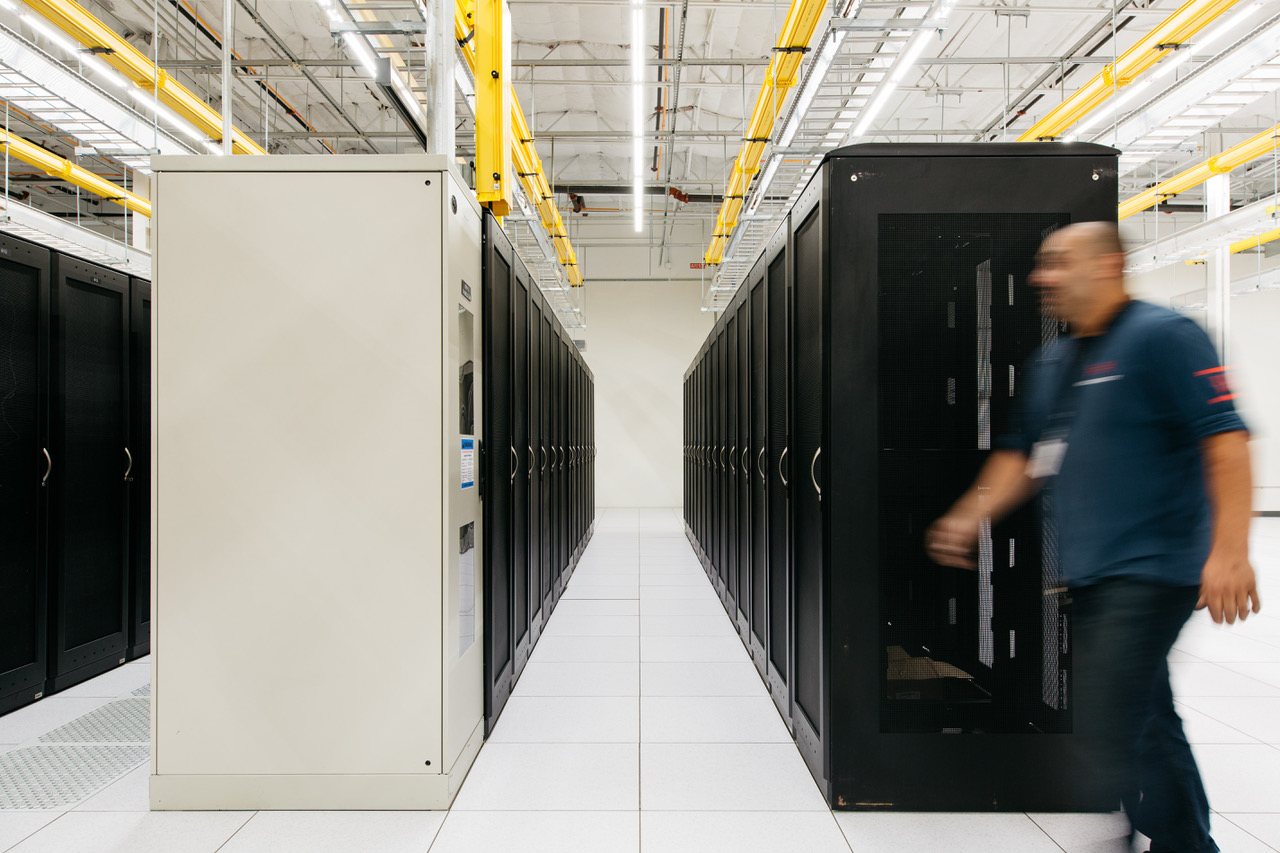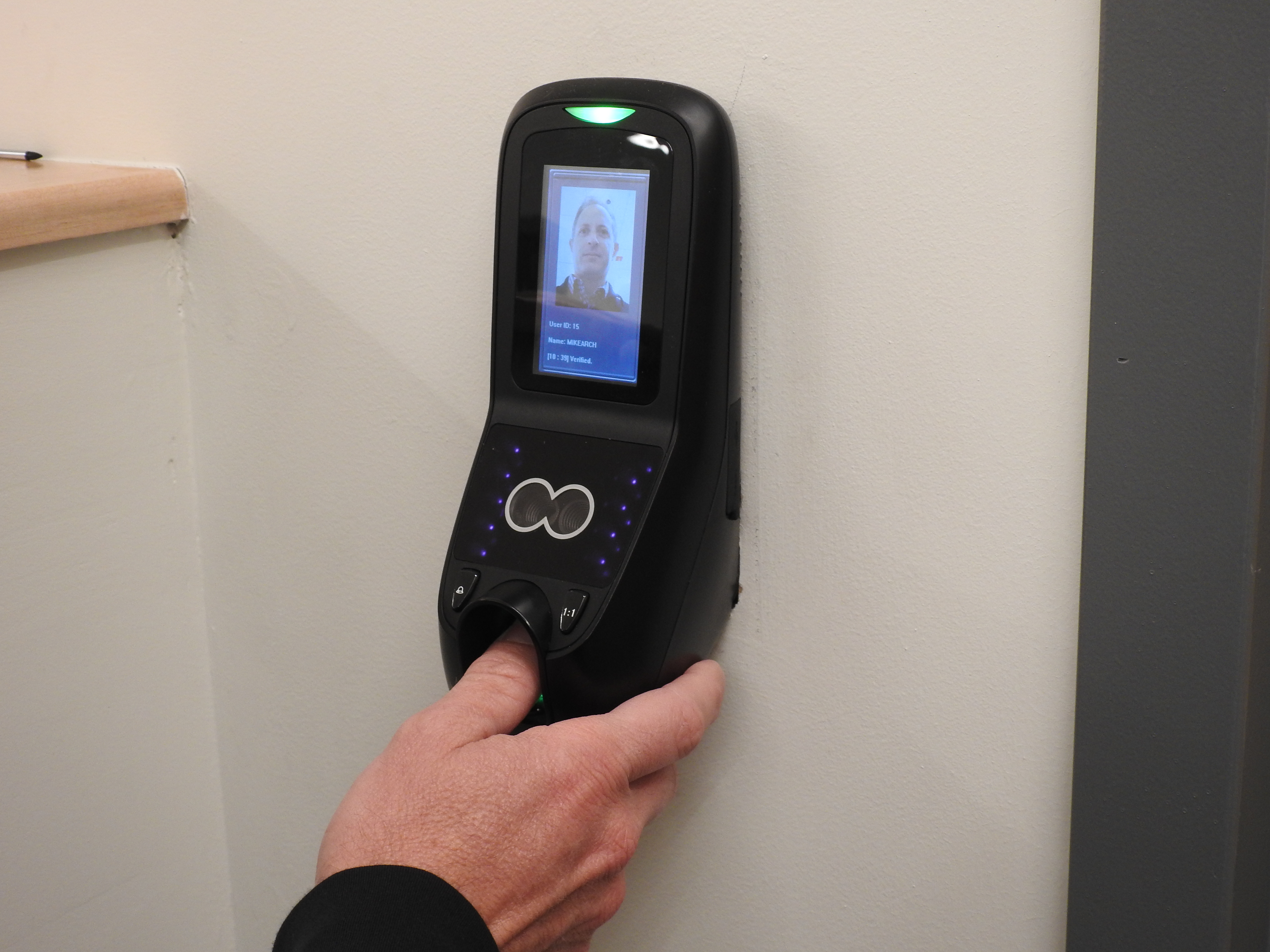Healthcare stakeholders trying to choose between Tampa data center options have a lot resting on the decisions that they make. In addition to working with partners that offer robust systems to meet exacting operational continuity demands, hospitals, clinics, and other medical stakeholders must maintain their HIPAA, or Health Insurance Portability and Accountability Act, compliance. The fact that they’re trusting their patient and financial data to third parties doesn’t excuse them from the obligation to keep such information as safe as possible.
So, what does it mean to be a HIPAA compliant data center? The law goes into great detail concerning how data centers can meet the demand and verify their conformance to the rules.

What Does HIPAA Compliance Entail?
To maintain their HIPAA compliance, data centers need to adhere to a number of different standards and best practices. For instance, they should implement preventative security measures such as:
- Documented disaster recovery plans;
- Physical access controls that protect server hardware and network assets;
- Advanced Encryption Standard, or AES, encryption mechanisms to shield stored data from improper access;
- Security awareness training that helps workforce members minimize and respond to threats;
- IP address isolation to keep protected health information, or PHI, separated from the publicly accessible internet;
- Routine risk analysis programs that keep providers and personnel up-to-date on threats and how to prevent them;
- Audits that verify they’re protecting data correctly.
These examples only cover a few of the factors that providers need to address to offer valid, HIPAA compliant server hosting. It’s important to remember that health information privacy rules are very extensive. Compliance governance is a full-time job that demands an operational culture of risk awareness.
Each HIPAA security implementation should vary according to the needs of the application in question, but all data centers must follow the best practices established by existing security rule guidance. They also require adaptable methods that help them overcome evolving threats to PHI, systems, facilities, and even medical devices that might connect to remote servers or data centers.
Finding a HIPAA Compliant Data Center
The vast breadth of rules that govern HIPAA compliance mean that many healthcare entities are hard-pressed to keep up on their own. Although they’ll always retain the final responsibility for any decisions involving PHI or the use of services like cloud-based software, they can potentially lessen their burdens by verifying that their providers are HIPAA compliant.

The gold standard of HIPAA compliant server hosting is a document known as the HROC, or HIPAA report on compliance. Your chosen Tampa data center should submit to in-depth third-party auditing and obtain this report to demonstrate that they’ve passed successfully. Asking for an HROC is the easiest way to verify that a given data center provider is prepared to protect your digital assets so that you can continue safeguarding your patients.
HIPAA compliance is a shared responsibility that demands a proven partner. Hivelocity’s data centers begin their 2017 HIPAA, PCI, ISAE 3402, SSAE-16 SOC 1, and SOC 2 compliance audits next week. To learn why so many healthcare enterprises depend on Hivelocity, visit us at hivelocity.net.
Additional Links:
Looking for more information on compliance? Search our Blog!
In need of more great content? Interested in cPanel, Private Cloud, or Edge Computing? Check out our recent posts for more news, guides, and industry insights!